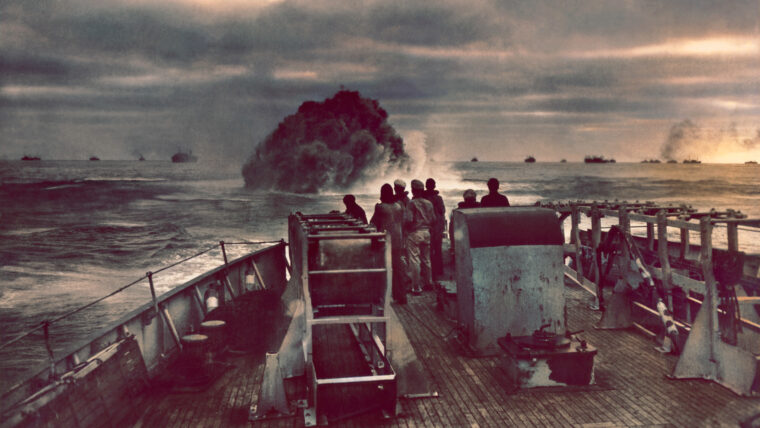
European Theater
The Longest Struggle
By Michael D. HullFor the duration of World War II, from the evening of Sunday, September 3, 1939, to the evening of Monday, May 7, 1945, the Battle of the Atlantic never ceased. Read more
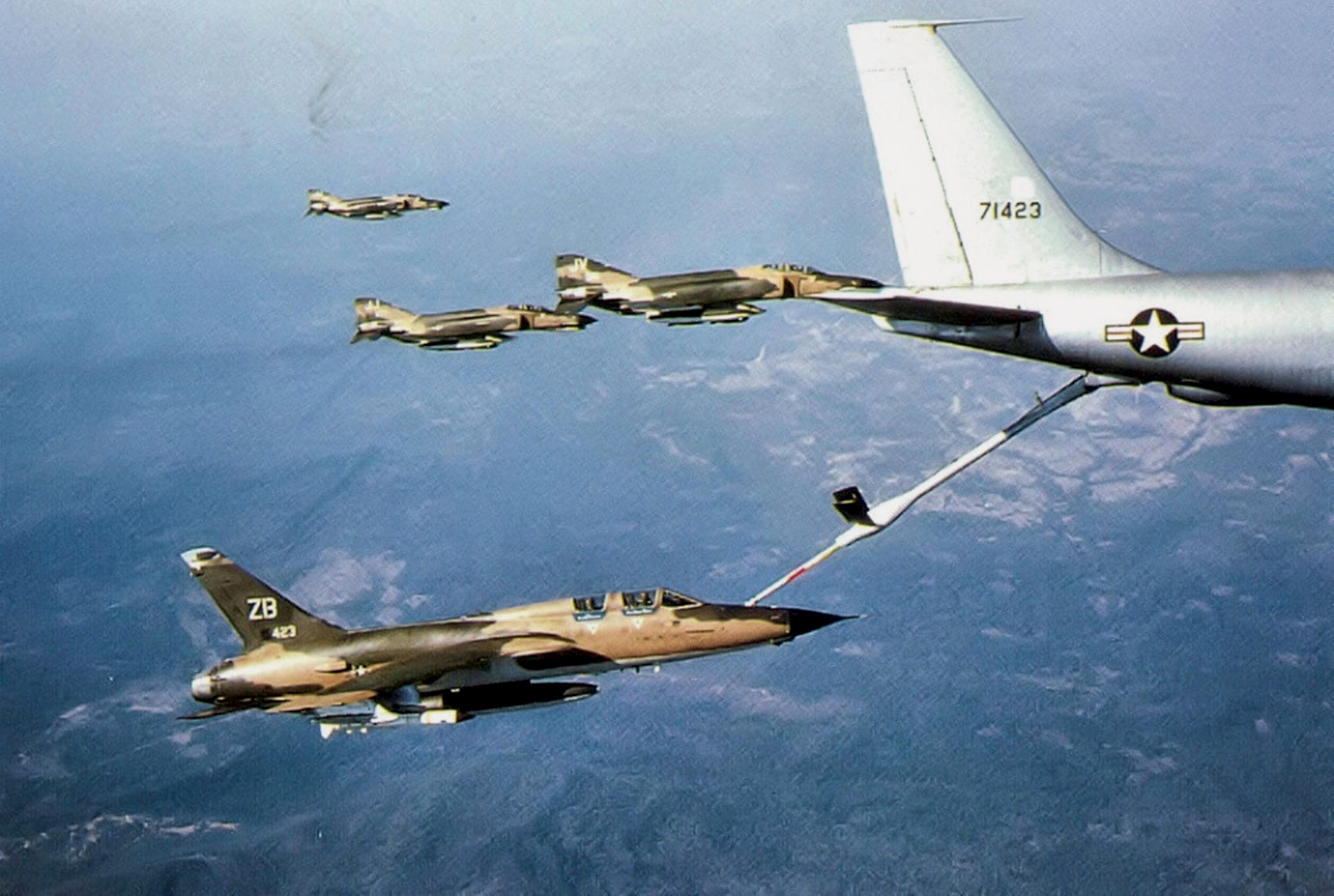

European Theater
For the duration of World War II, from the evening of Sunday, September 3, 1939, to the evening of Monday, May 7, 1945, the Battle of the Atlantic never ceased. Read more
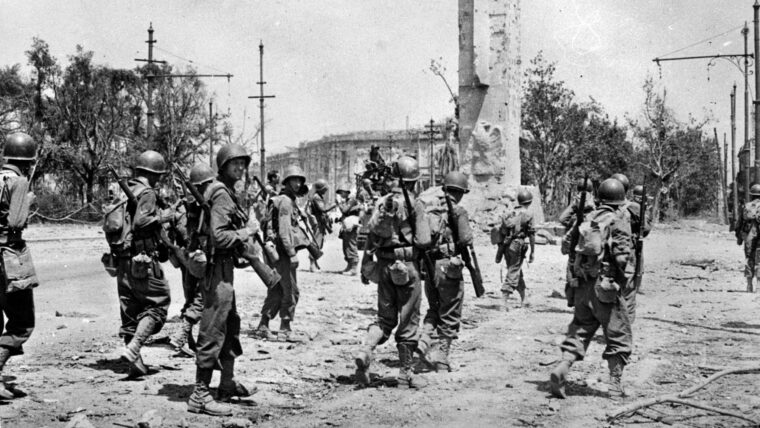
European Theater
Sergeant Alfred Johnson peered from behind a boulder on a rock-strewn hillside at Piano Lupo about six miles inland from the southern coast of Sicily. Read more
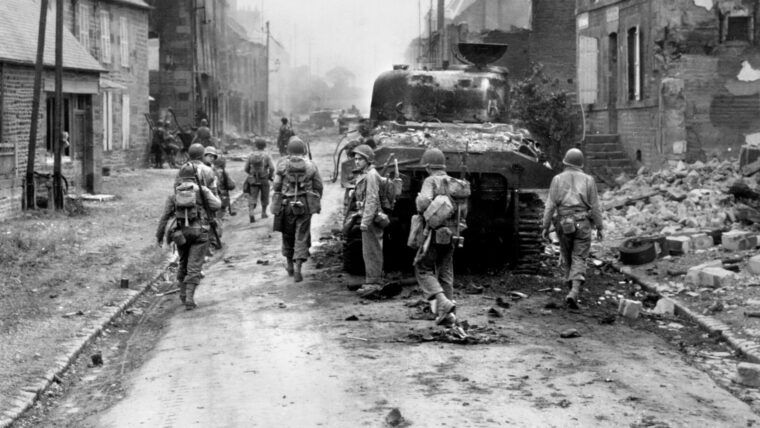
European Theater
When the 230th Field Artillery Battalion was attached to the 30th Infantry (“Old Hickory”) Division in Mortain, France, on August 6, 1944, many of its men had already received their baptism of fire in Normandy. Read more
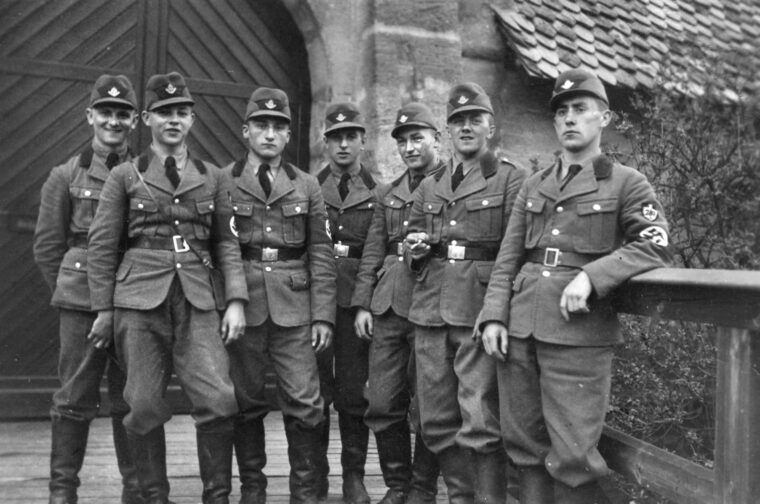
European Theater
Backstory: My father, Karl Fuchs, was a German soldier in World War II who fought and died on the Eastern Front. Read more
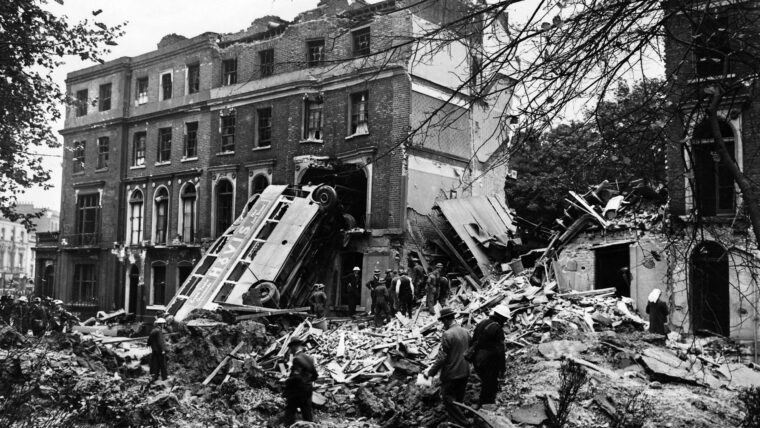
European Theater
Most of the action during the Battle of Britain in the late summer of 1940 took place over southern England where Royal Air Force Spitfires and Hurricanes began to dominate dogfights against their German rivals. Read more
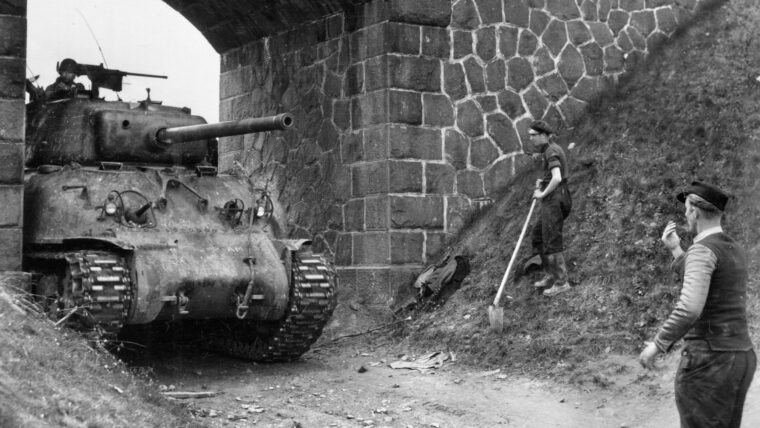
European Theater
The 782nd Tank Battalion spent two years training stateside as part of the U.S. Read more
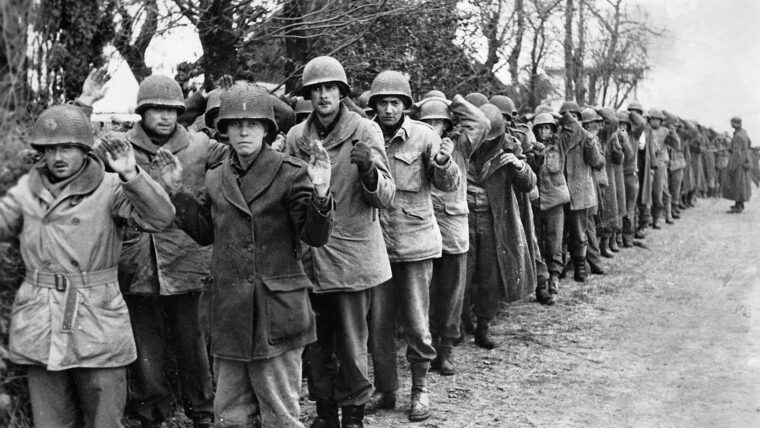
European Theater
It took the HMS Queen Elizabeth, the world’s largest passenger liner, only five days to transport 15,000 men of the 106th Infantry Division from New Jersey to Glasgow, Scotland, making port on November 17, 1944. Read more
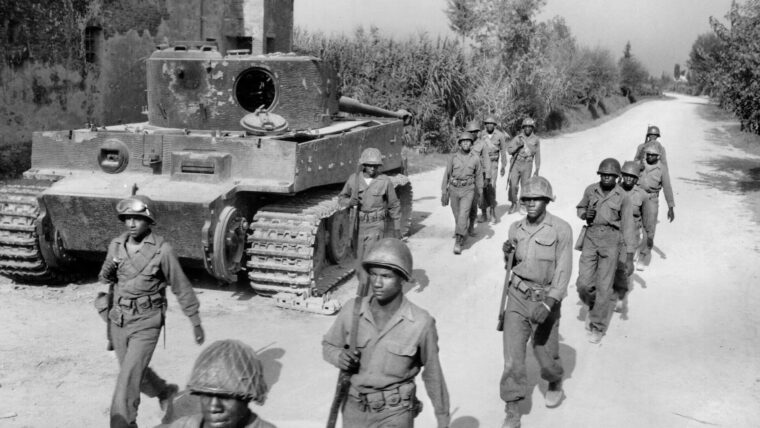
European Theater
Despite their gallant service in the Civil War, on the Western frontier, and in the Spanish-American War, black soldiers were used mostly for labor and given only a limited fighting role when the U.S. Read more
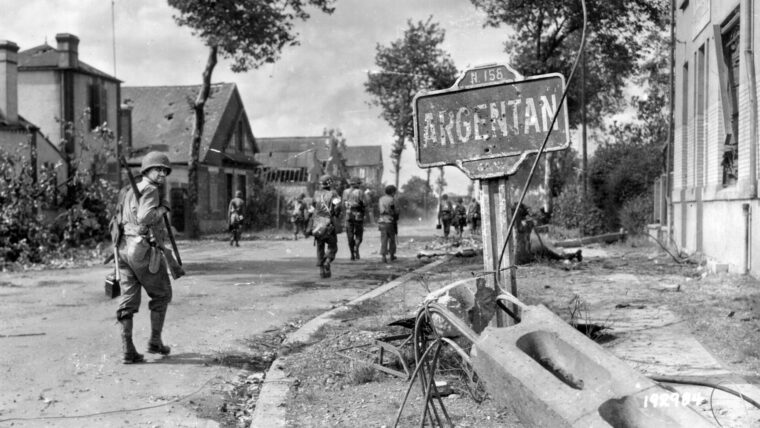
European Theater
As a late summer sun finally dipped below the horizon, Captain William L. Koob, Jr., came to realize that his unit had been abandoned on the battlefield. Read more
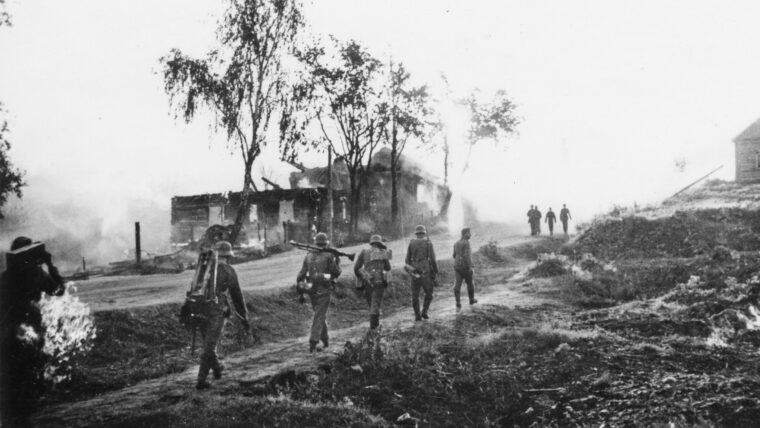
European Theater
BACKSTORY: Wilhelm Lubbeck served as an enlisted man in the 58th Infantry Division on the Eastern Front during Germany’s 1941 invasion of the Soviet Union before being promoted to lieutenant. Read more
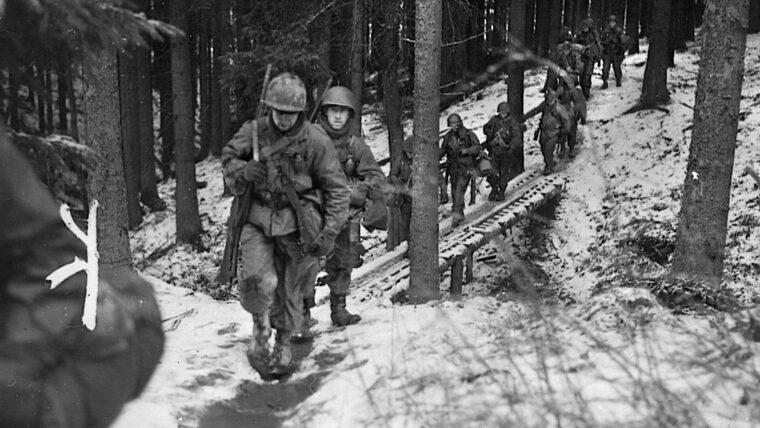
European Theater
When the men of the newly arrived 106th Infantry “Golden Lions” Division arrived on the front lines near St. Read more
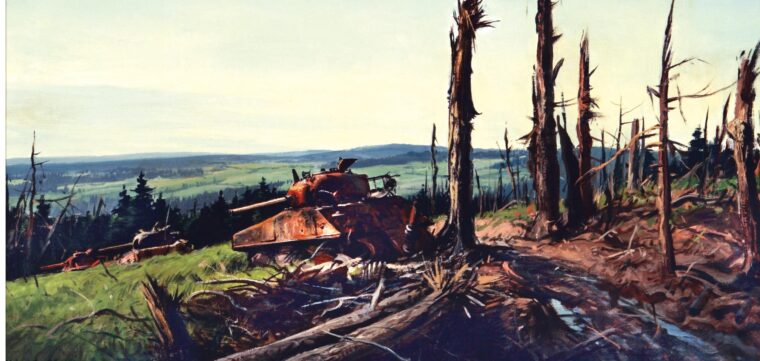
European Theater
Seventy-eight years ago, the U.S. First Army was embroiled in the longest battle of World War II fought on German soil. Read more
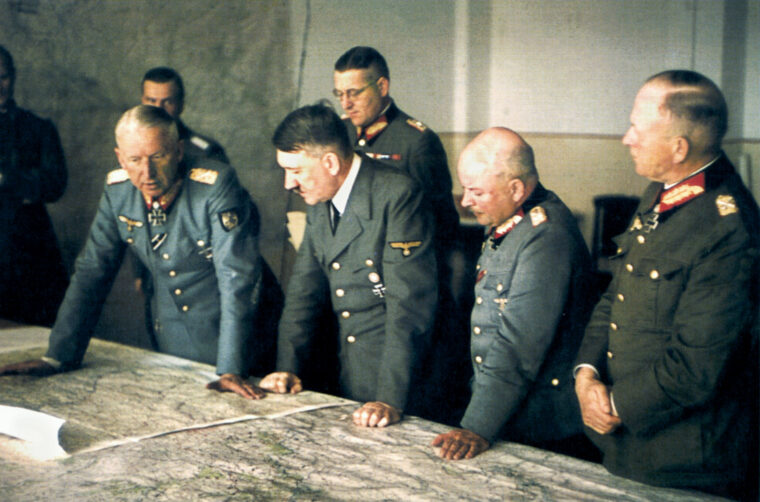
European Theater
With all it had going for it, how did Germany manage to lose World War II? There are many answers to this deceptively simple question, including the obvious one that the Allies had the technical and industrial advantage. Read more
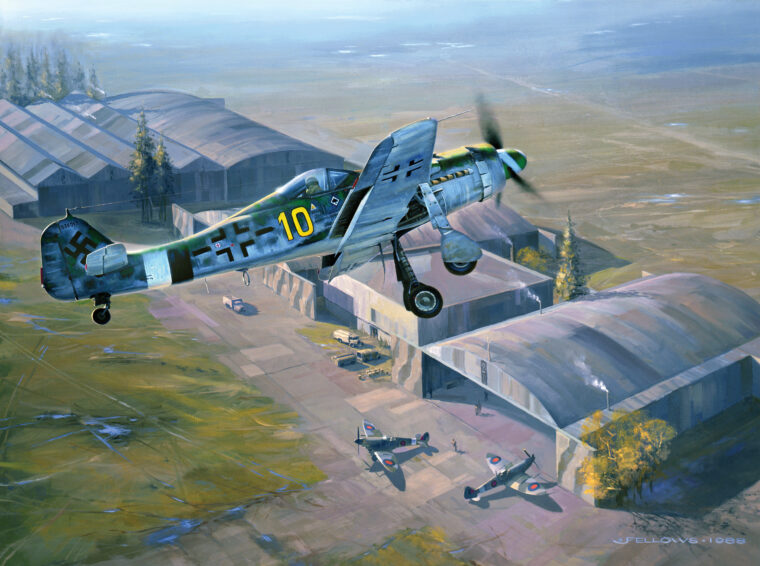
European Theater
An American advertising poster for one of their bombers showed a cartoon of a smiling pilot over the captioned question, “Who’s afraid of the big Focke-Wulf?” Read more
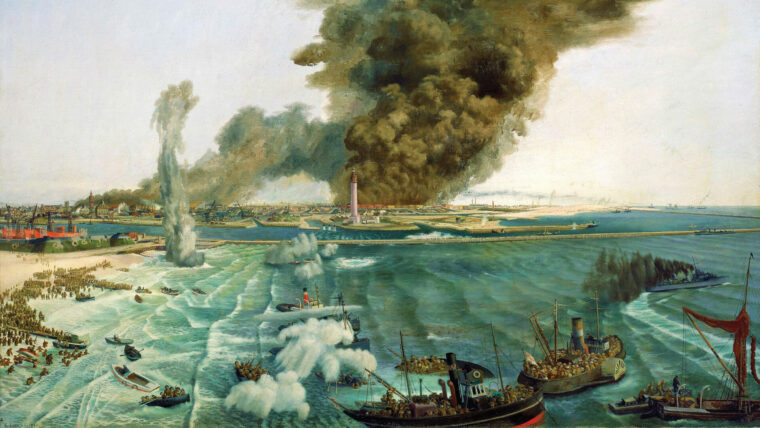
European Theater
As aptly stated by historian Max Hastings in his book Warriors, “the leaders most readily admired by fellow-soldiers are those who seem committed to do their duty, and also to bring every possible man home alive.” Read more
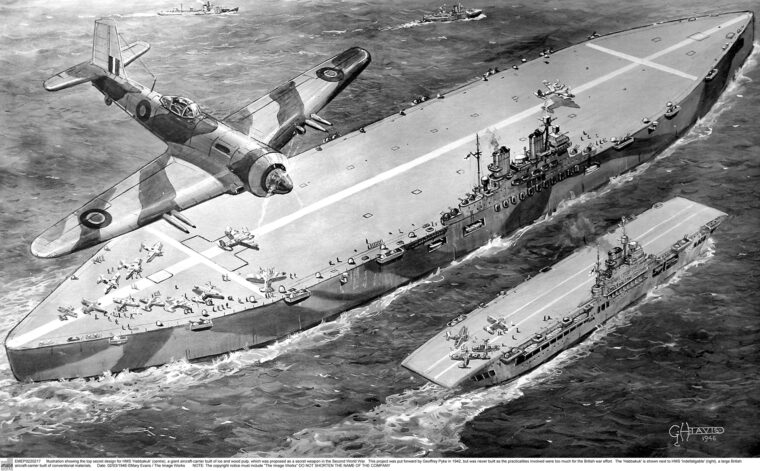
European Theater
While the Battle of Britain raged and a German invasion was feared in the sunny, tense summer of 1940, Prime Minister Winston Churchill took time to create an organization that would exemplify his offensive spirit, his love of gadgets and innovations, and his use of cronies. Read more
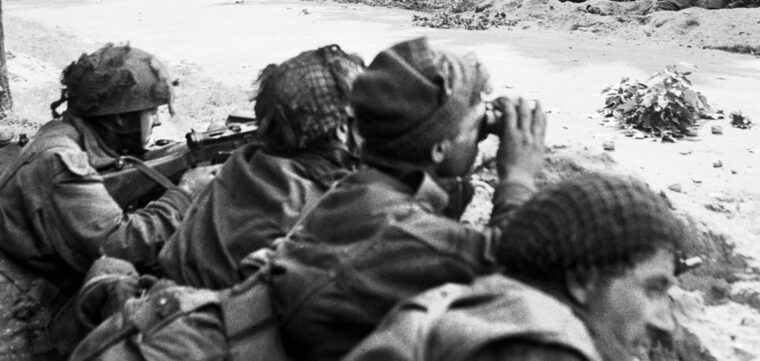
European Theater
American Generals privately gloated over the failure of British Field Marshal Bernard Montgomery’s Operation Market Garden in September 1944. The British had conceived the idea, although Allied units from many nations participated in the operation. Read more
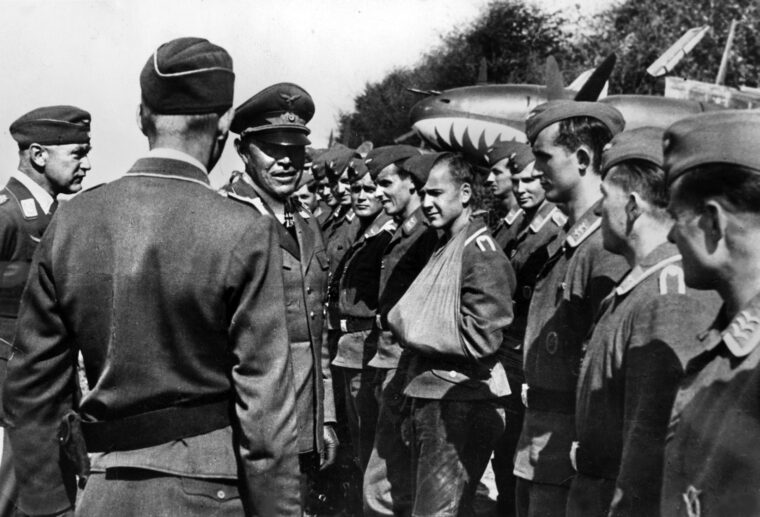
European Theater
He was seemingly everywhere—Poland, France, Holland, Italy, and the western front during the last days of the Third Reich. Read more
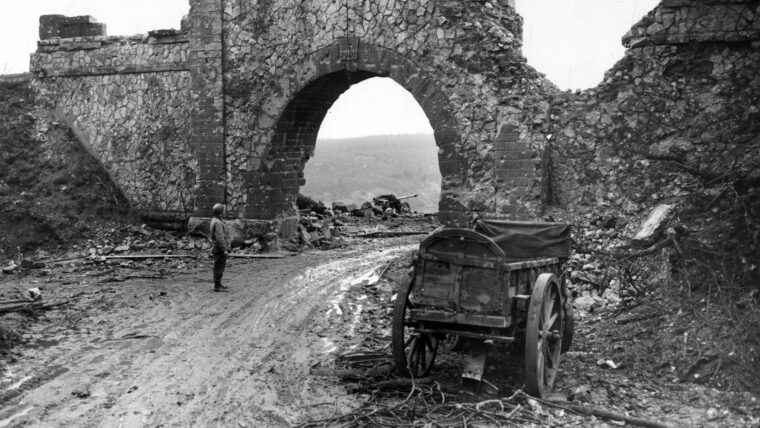
European Theater
The road to Fort Driant began for the United States Third Army when it landed on Utah Beach at 3 pm on August 5, 1944. Read more
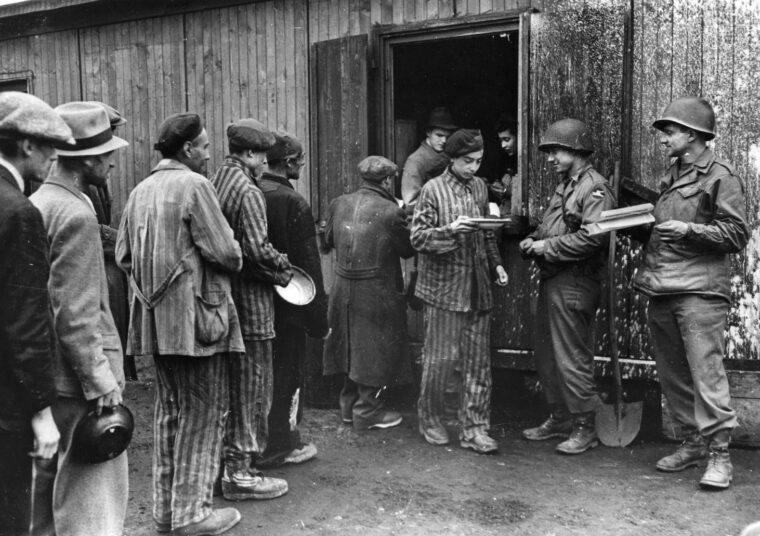
European Theater
In November 1944, a young American soldier wrote back to his parents in the Washington Heights neighborhood of Manhattan. Read more